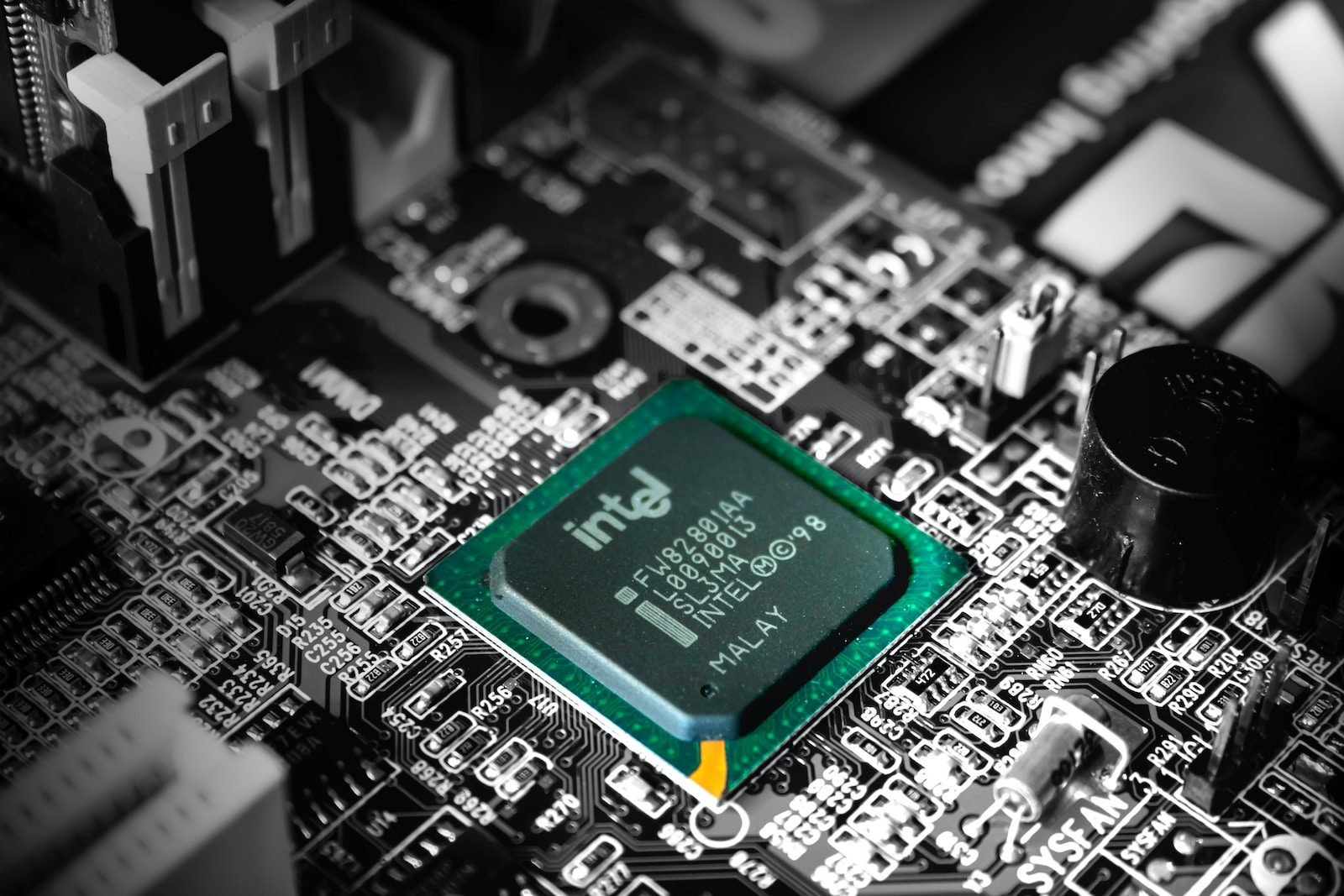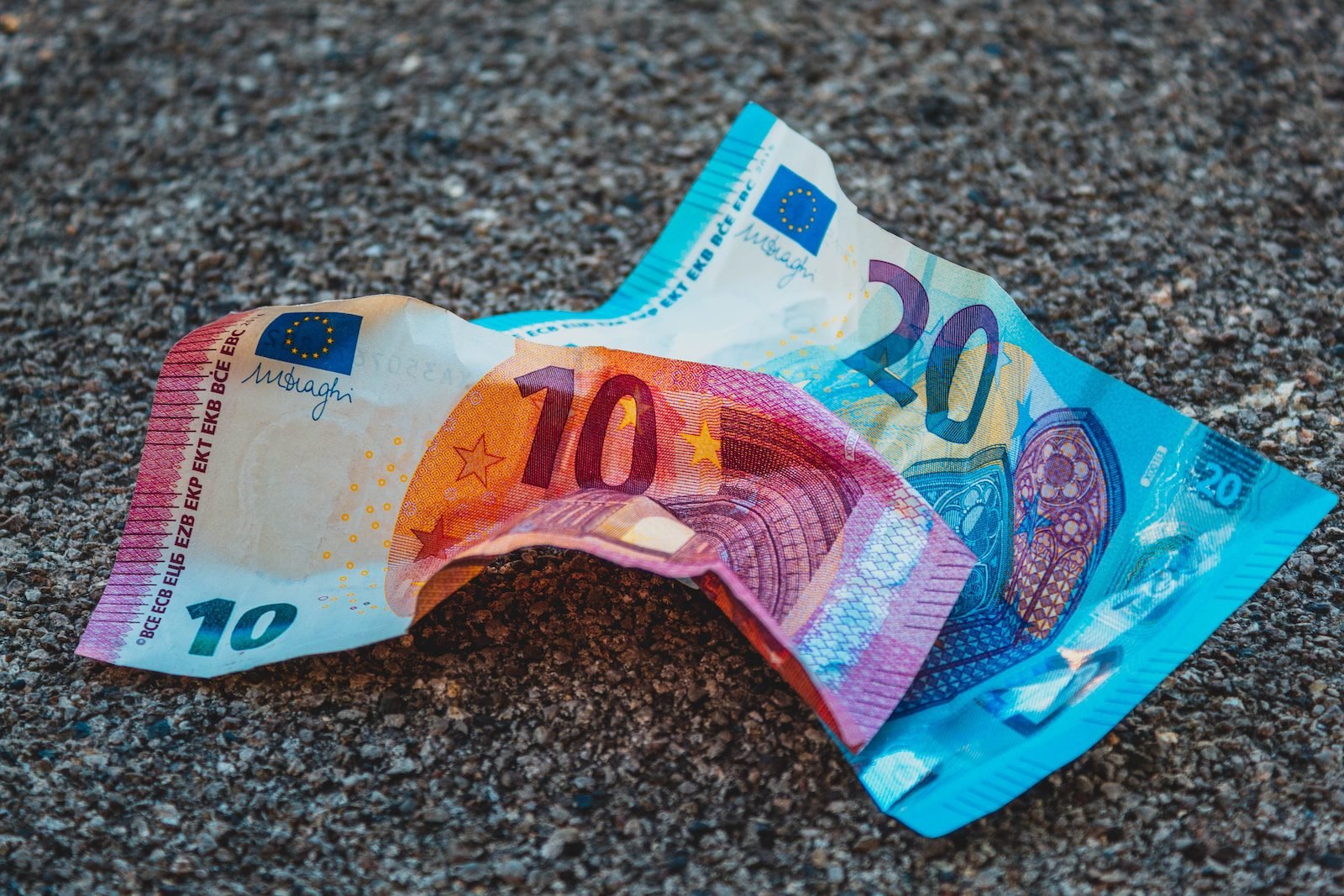SAN FRANCISCO: Intel Corp. co-founder Gordon Moore passed away on Friday at the age of 94, the company confirmed. Moore was a pioneer in the semiconductor industry and the author of “Moore’s Law,” which foretold a continuous increase in computing power for decades.
He passed away at his home in Hawaii, according to Intel and the Moore family’s humanitarian organisation, surrounded by loved ones.
As one of the three founding members of Intel in 1968, Moore was the rolled-up-sleeves engineer who ultimately helped “Intel Inside” processors find their way into more than 80% of all personal computers in use today.
Moore noted in a 1965 paper that since the development of integrated circuits, the number of transistors on microchips has generally doubled year due to technological advancements.
Moore’s Law, which was later changed to every two years, was named after him and his forecast that the trend would continue. It encouraged Intel and other chipmakers to aggressively spend their R&D resources to ensure that the rule of thumb held true.
Moore predicted in his paper, published more than 40 years before Apple introduced the iPhone, that “integrated circuits will lead to such wonders as home computers – or at least terminals connected to a central computer,” “automatic controls for automobiles,” and “personal portable communications equipment.”
Following Moore’s article, chips developed at an exponential rate in terms of efficiency and cost, propelling much of the global technological advance for half a century and enabling the development of not only personal computers but also the internet and Silicon Valley behemoths like Apple, Facebook, and Google.
In a 2005 interview, Moore observed, “It sure is good to be at the right place at the right moment.” “I had the great fortune to enter the semiconductor sector at a very early stage. And I had the chance to develop from the point when we were unable to produce even a single silicon transistor to the point where we could fit 1.7 billion of them onto a single chip! It’s been an incredible journey.”
Rivals of Intel, like Nvidia Corp., have argued recently that Moore’s Law is no longer valid because advancements in chip manufacturing have slowed down.
Nonetheless, current Chief Executive Pat Gelsinger has indicated he believes Moore’s Law still holds as the company invests billions of dollars in a turnaround drive, despite manufacturing hiccups that have caused Intel to lose market dominance in recent years.
Moore was a terrific and well-respected friend for more than 60 years, according to Morris Chang, the founder of Taiwan Semiconductor Manufacturing Co Ltd (TSMC), the largest contract chipmaker in the world.
Chang stated in a statement made public by TSMC that “with Gordon gone, practically all of my first generation semiconductor colleagues are gone.”
Unintentional entrepreneur
Moore admitted to Forbes magazine that despite foreseeing the PC movement, he did not purchase his own home computer until the late 1980s.
A native of San Francisco, Moore graduated from the California Institute of Technology with a Ph.D. in chemistry and physics in 1954.
He started working at the Shockley Semiconductor Laboratory, where he first met Robert Noyce, a future co-founder of Intel. They left the “traitorous eight” to found Fairchild Semiconductor in 1957. Moore and Noyce quit Fairchild in 1968 to found Integrated Electronics, a memory chip business that would later become known as Intel.
Andy Grove, a fellow Fairchild employee, was Moore and Noyce’s first hire. Grove would guide Intel through a large portion of its exponential growth in the 1980s and 1990s.
Moore, Noyce, and Grove forged a formidable combination despite Moore’s claim that he was a “accidental entrepreneur” who had no burning desire to launch a business. Moore made this statement to Fortune magazine.
While Moore pulled up his sleeves and spent endless hours modifying transistors and honing Noyce’s general and even ill-defined concepts, efforts that frequently paid off, Noyce had beliefs about how to address chip engineering challenges. Grove, an operations and management guru at Intel, completed the team.
Because of Moore’s and Noyce’s guidance, Intel developed the microprocessors that would pave the way for the personal computer revolution. Moore’s evident talent motivated other engineers who worked for him.
Although he and CEO Noyce saw themselves as equals, he served as executive president until 1975. Moore served as CEO and chairman from 1979 to 1987, and he stayed in that position until 1997.
His net worth was projected by Forbes magazine to reach $7.2 billion in 2023.
Longtime sport fisherman Moore travelled the world in pursuit of his hobby, and in 2000, he and his wife Betty established a charity dedicated to environmental issues. Moore donated almost $5 billion in Intel shares to the organisation, which undertook initiatives like preserving the Amazon River basin and salmon streams in the US, Canada, and Russia.
Also, he supported the SETI project and donated hundreds of millions to his alma institution, the California Institute of Technology, to maintain it at the forefront of research and technology.
President George W. Bush bestowed Moore with the Medal of Freedom, the country’s highest civilian honour, in 2002. He had two kids with his wife.





